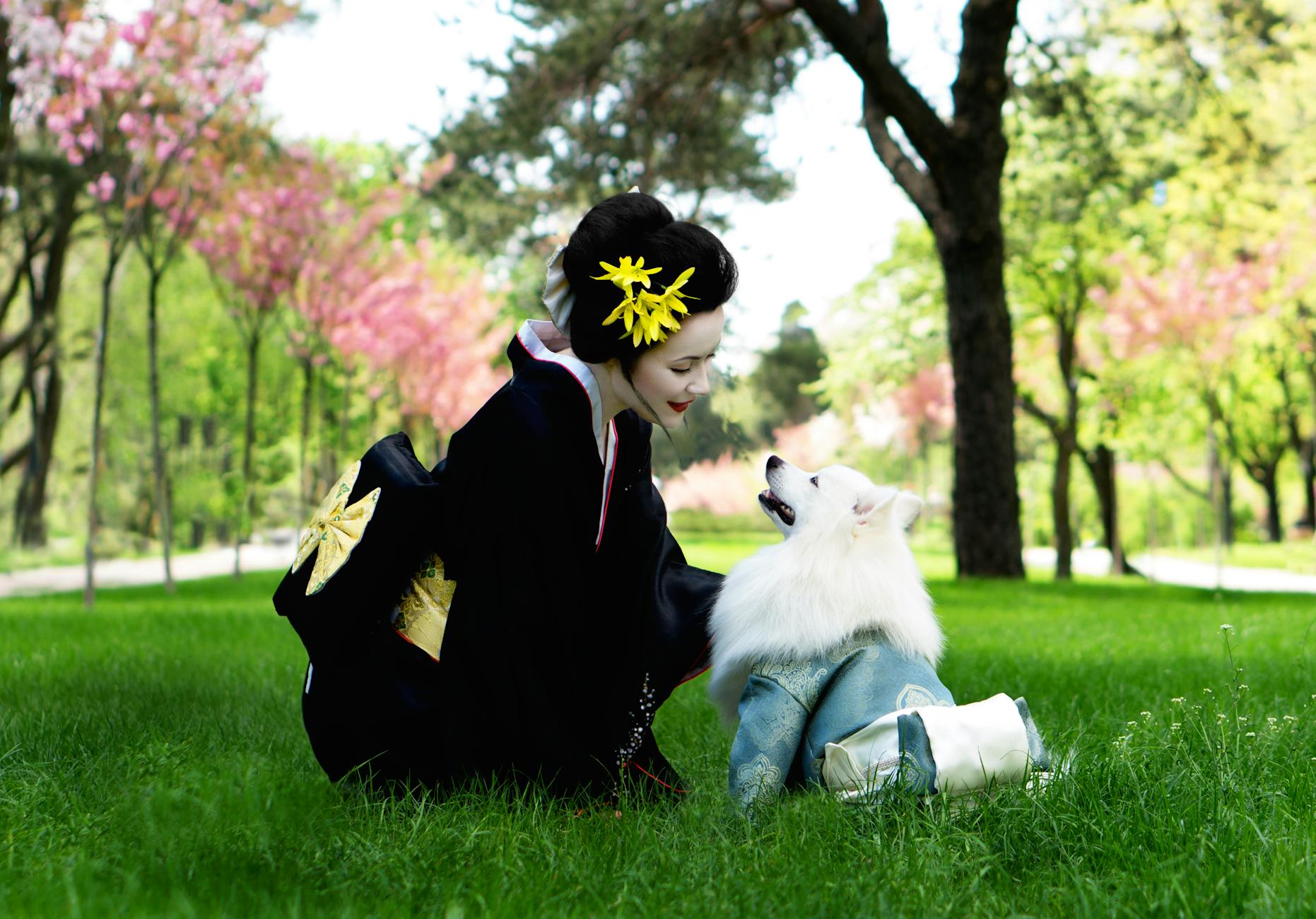In February 2024, OpenAI unveiled Sora, an advanced artificial intelligence model designed to generate video content directly from text descriptions. This breakthrough marks a significant milestone in the evolution of AI-driven visual content creation, offering new possibilities across various industries.
Sora’s Capabilities
Sora is designed to transform written prompts into dynamic video content, up to 60 seconds in length. The model is capable of producing intricate scenes that feature multiple characters and specific camera movements, showcasing a level of complexity and control that sets it apart from earlier AI models. This ability to create detailed and coherent videos from simple text inputs could revolutionize the way visual content is produced.
Quality and Realism
The videos generated by Sora are praised for their high quality, with a strong emphasis on realism and coherence. The model is able to maintain a consistent narrative flow, making the generated content appear more lifelike and polished. This leap in quality indicates that AI-generated videos may soon be indistinguishable from those created by human professionals.
Current Limitations
Despite its impressive capabilities, Sora is not without its limitations. The model occasionally produces videos with minor errors, such as inconsistencies in details across frames or physics that do not entirely align with reality. These flaws highlight the ongoing challenges in refining AI to handle the complexities of real-world scenarios accurately.
Potential Applications
Once fully developed and released, Sora could have a wide range of applications across multiple fields. In entertainment, it could be used to create new forms of media or enhance existing content. In education, Sora could generate instructional videos tailored to specific learning needs. Marketers might use the technology to produce customized advertisements, while filmmakers could employ it for rapid prototyping of scenes, allowing for more efficient planning and production.
Ethical Considerations
The introduction of Sora also raises important ethical questions. Issues such as copyright infringement, the potential for misuse in spreading disinformation, and the impact on creative industries must be carefully considered. As with any powerful new technology, there is a need for thoughtful regulation and oversight to ensure it is used responsibly.
Future Developments
OpenAI is expected to continue refining Sora, addressing its current limitations and expanding its capabilities. As the model improves, the potential for AI-generated video content to become a mainstream tool in various industries grows, paving the way for innovative uses that have yet to be fully realized.
In summary, Sora represents a major advancement in AI technology, with the potential to transform how video content is created and consumed. However, as with any groundbreaking development, its impact will depend on how its capabilities are harnessed and regulated in the future.







